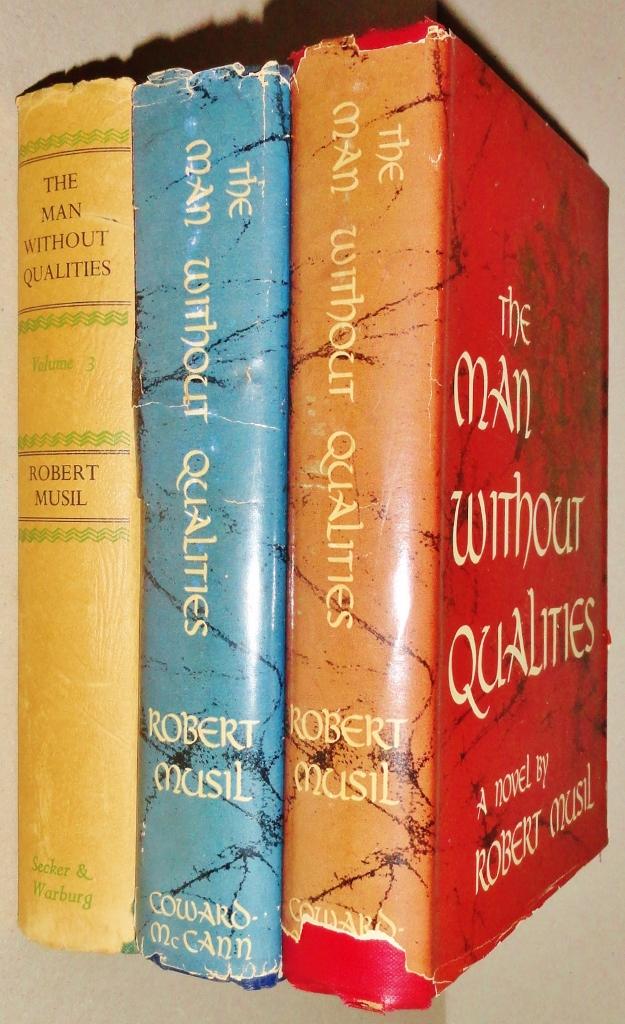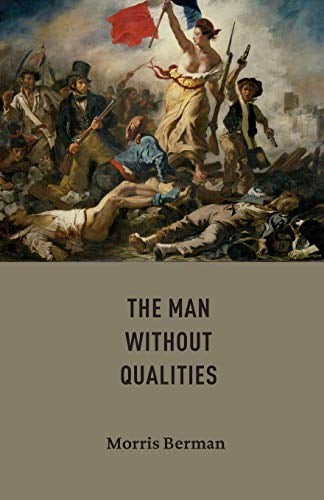

The lack of civic amenities, and poor sanitation facilities were the curse of that dwelling place. Joothan begins by a detailed description of the poor living surroundings of the Chuhra community, where poverty reigned supreme.

Valmiki and other Dalit writers, thus interrogate the mainstream critics’ allocation of a non-literary status to autobiography.ĭalit autobiography, then, is not just a remembering of things past, but a shaping and structuring of them in such a way as to help understand one’s life and the social order that shaped it, on the one hand, and to arouse a passion for change in the Dalit reader, on the other.Īnswering mainstream critics who suggest that Dalit literature is nothing but reportage, Dalit writers point to the authenticity of experience as being the most important characteristic of Dalit writing. Dalit autobiographies will provide inspiration to our future generations’ (Valmiki: 20). Valmiki quotes Das’s defence of the genre: ‘Dalit writers should write autobiographies so that not only our history will stay alive, but also our true portrayals of wrongdoers. Valmiki says that even some dalit writers have internalized this negative view of autobiography. They have questioned the literariness of the Dalit autobiographical narrative, claiming that Dalit autobiographies are unstructured, artless outpourings of Dalit writers’ unmediated experience and have become repetitive and stereotypical.

Here again, Dalit writes have faced criticism from mainstream critics who say that autobiography is not a literary genre. This is not surprising, in light of the emphasis placed by them on authenticity of experience. Om Prakash Valmiki’s JOOTHAN - A Dalit AutobiographyĪutobiography has been a favourite genre of Dalit writers.


 0 kommentar(er)
0 kommentar(er)
